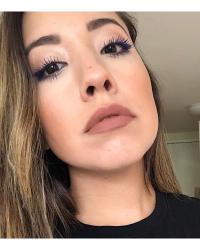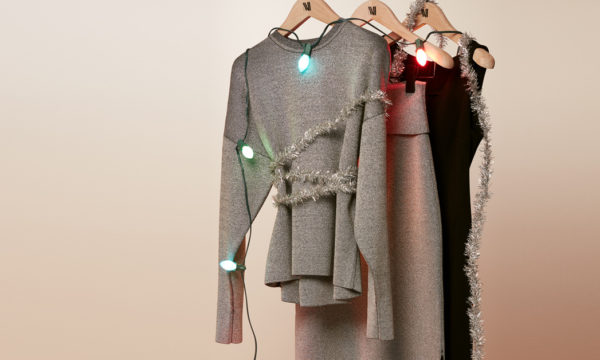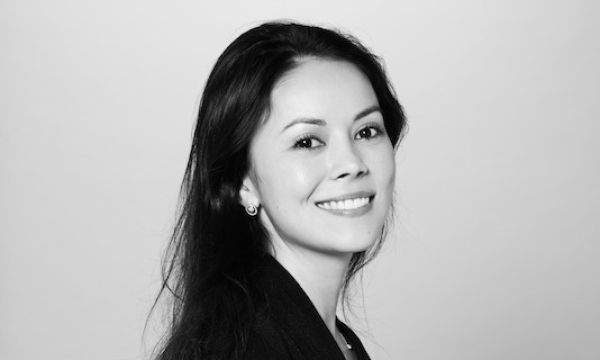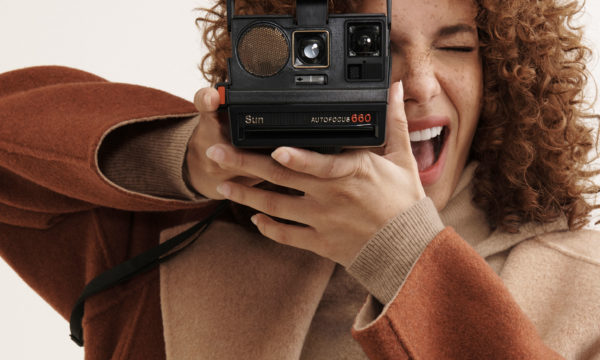The Gift of a Good Mentor
October 18, 2019 | Filed in: Your Career
When I was 17 and living in San Antonio, Texas, I didn’t know that it was possible to be a poet. I read Sylvia Plath, Carl Sandburg, and Elizabeth Bishop at school—but they weren’t anything like me. For one thing, they were alive in the 1950s. By the time I discovered them, they were already long gone and immortalized in the pages of my textbooks. I could appreciate poetry, read poetry, and maybe even write it in secret in the pages of my journals, but other than that, it wasn’t really something to aspire to. I accepted that I had missed my chance; no one became a poet anymore.
During my senior year of high school, I took a class entirely dedicated to mentorship. We were required to choose a career path at the beginning of the year, find someone who was successful in it, and work with them to develop a final product we would present at the end of the year to the rest of the school. Kids presented full cakes they created and decorated after spending the year with a baker. Some kids created a robot that could be manipulated with a remote control after working with an engineer. Some worked with journalists and reported a full length article. But I never saw anyone work with a poet.
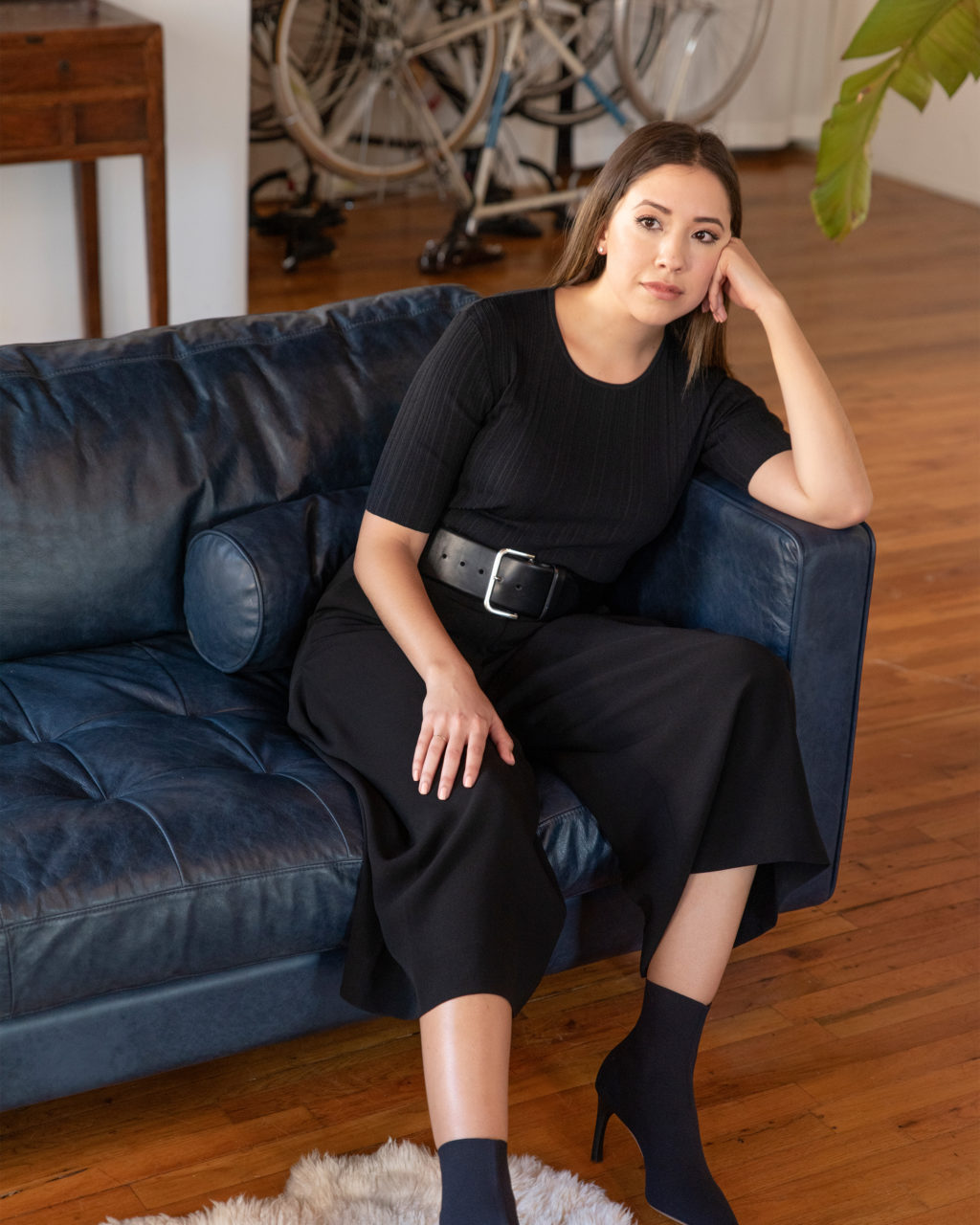
Brittany wears the Charli top, the Beebe belt, the Pippa pant, and the Lana boot.
Even so, something pushed me to make a longshot ask: Could I spend the year learning more about writing poetry? I remember being shocked that my teacher didn’t tell me no right away. But what she did say was, if I wanted to go that route, I’d need to find my mentor on my own—she didn’t have anyone she could connect me to. After putting the word out by asking my friends and faculty members, I learned that my history teacher’s mother had published a full-length book of poetry, and he was happy to see if she was interested. For me, it was the beginning of knowing poetry was possible, and meeting her absolutely changed my life.
And now you try/ Your handful of notes;/ The clear vowels rise like balloons. — Sylvia Plath
It sounds impossible now, but when I discovered poetry, I learned for the first time that I wasn’t the only person in the world who had ever felt miserable. I certainly didn’t know anyone who was in real life—I’d go to my friends’ houses and look at their lives with wonder. They seemed to have it all: they got their own cars when they turned 16, their parents were actively helping them plan for college, and they had large bedrooms all to themselves in huge, beautiful houses. When I’d retreat home to anger, worry, and a too-tight living space, I felt the pain I read in other people’s poems. I realized it was that same pain that had long prompted me to write my own. When I started writing, I began the journey of making sense of everything that hurt.
Mamie beat her head against the bars of a little Indiana/ town and dreamed of romance and big things off/ somewhere the way the railroad trains all ran.—Carl Sandburg
One of the first things I did when I met my mentor, Patricia Spears Bigelow, was show her some of my writing. At first, this felt almost impossible. I wasn’t exactly brimming with excitement to share words that only felt safe to say on the page—I’d never dare say any of it out loud. I remember how she’d edit and make comments on my writing without judging me. She knew what I was writing about, but she didn’t make me feel bad about it. Her notes would say things like, “It sounds like this is about the speaker’s parent, what else can you add here?”
Want more M.M.? Sign up for our newsletter.
For the first time in my life, it felt like I was being honest, instead of covering up a bunch of things gone wrong in order to survive them. I began writing faster and more often than ever before. Each time I completed a new poem, I grew excited to share it with her. When I flipped through her book, I saw that someone in Texas could write poetry and be successful at it. I saw that everything I wanted was possible. Poets still existed, and maybe I could be one.
The art of losing isn’t hard to master, so many things seem filled with the intent to be lost that their loss is no disaster.—Elizabeth Bishop
Like anything that’s good for you and moves you forward, meeting my mentor didn’t come without pain. I remember struggling to find a ride to see her and convincing my parents it was necessary to meet with her in person. It hurts that I no longer have the signed copy of her book that she gave me. After I moved away, it was lost in a storage unit my parents stopped paying for. And, for better or worse, once I started acknowledging my feelings and getting them down on the page, it became harder and harder to ignore them. I felt my pain more often, and it pushed through with more strength. It started begging me to turn it into something beautiful.
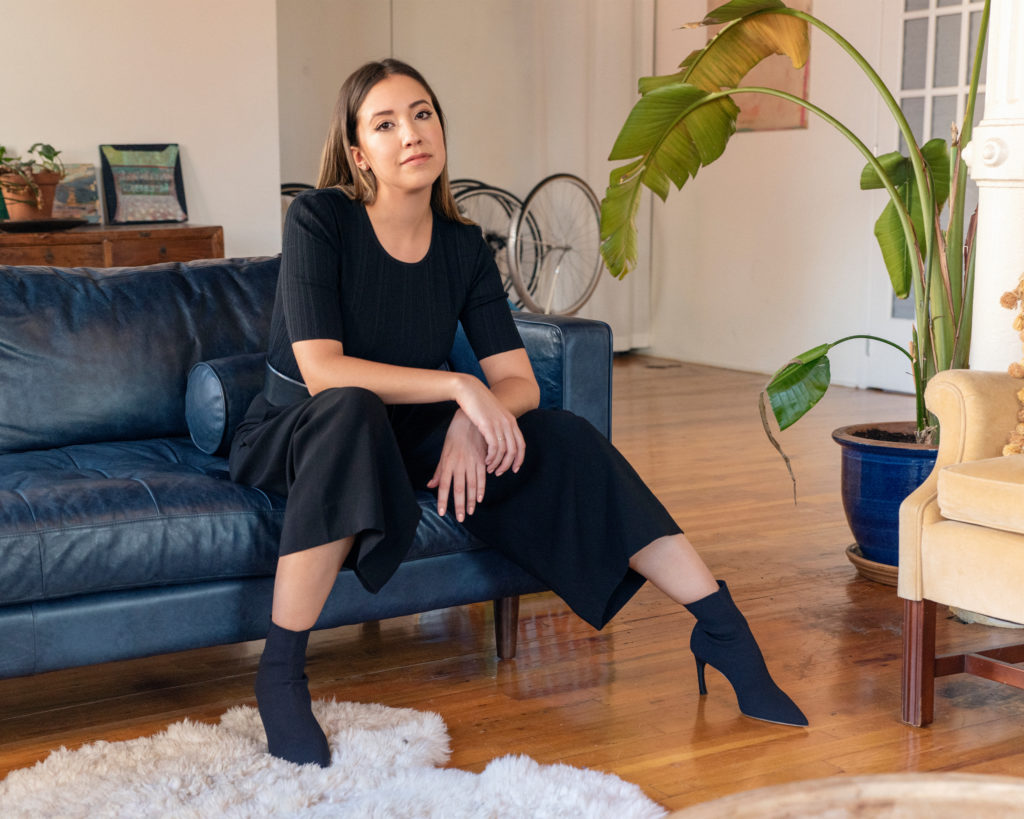
Brittany wears the Charli top, the Beebe belt, the Pippa pant, and the Lana boot.
My mentor taught me how to get that pain down onto the page. She believed in what I was doing, even though it was an uncommon path to pursue and certainly not one that promised any money in the future. She created a safe space for me to say what I needed to and offered her feedback and criticism without judgment. I began to learn that I wasn’t different or “other” for going through what I experienced in my childhood; it was simply part of my story. I never dreamed that I’d be able to say certain things from my past out loud, and now I say them with ease in conversation—on and off the page.
Each of my poems today are a small story of what I’ve been through. Sometimes they’re not about me at all. But they all have pain, and they all aim for resolution. They’re meaningful because they’re honest. My mentor taught me how not to be ashamed of what I had to say.
Now that I’ve published my own full-length poetry book, titled 23 Emotions, and spend my weekends performing poems on stage in New York City, I wonder what would have happened had I not met my mentor over 10 years ago. Who would have been the one to show me that poets were real people, and that poetry still mattered? What if I never figured it out at all? Without my mentor, I might have buried my dreams before they ever had a chance to get started.
Photos by Matthew Priestley.
Styling by Nyjerah Cunningham.






